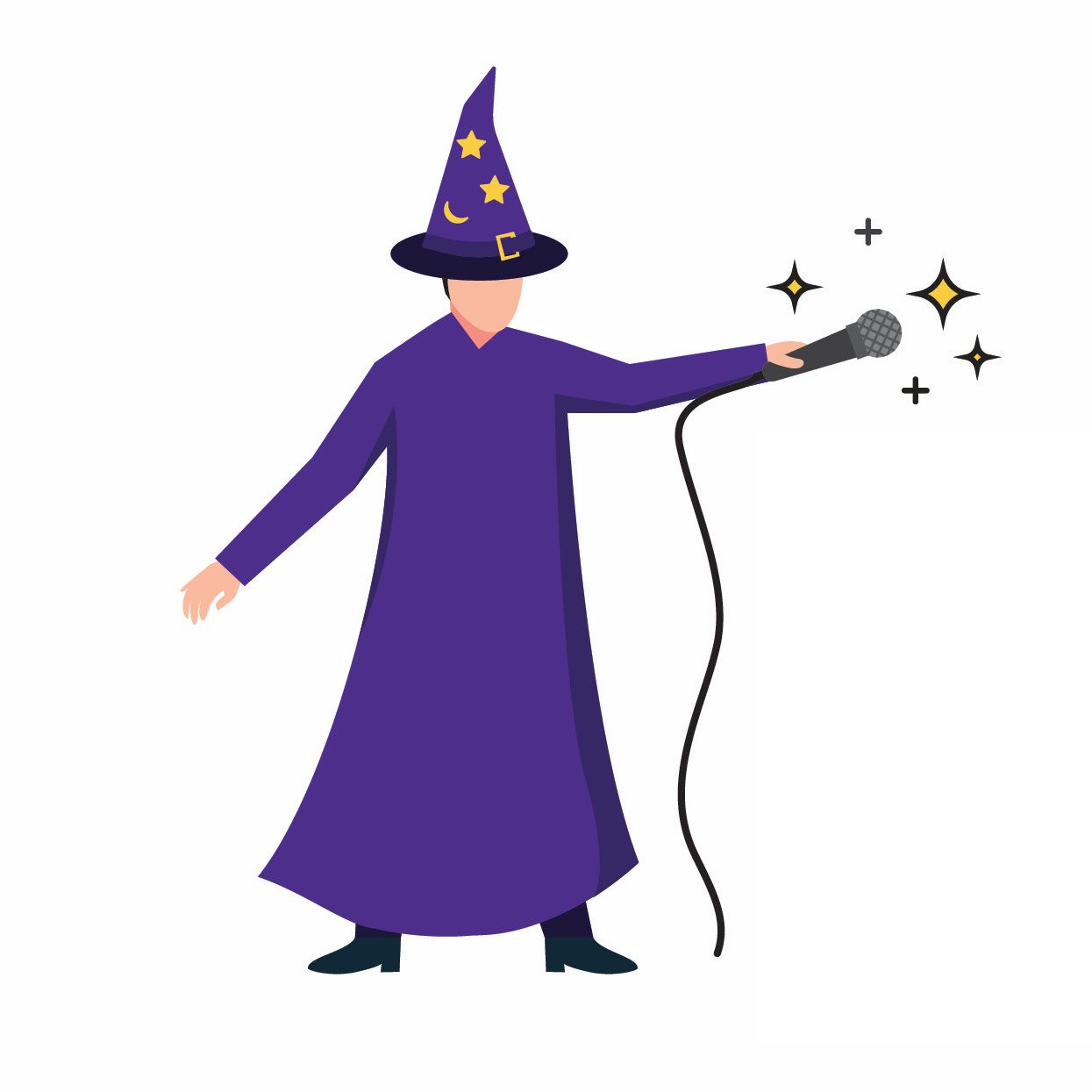For decades, pirate radio represented resistance. Broadcasting without a license—often illegally—pirate stations gave voice to countercultures, dissidents, and marginalized communities shut out by state or corporate media. Podcasting is the new Pirate Radio. While podcasting is mostly legal and globally accessible, its function often mirrors that of pirate radio: giving people a way to speak truth to power, build community, and share stories that mainstream outlets overlook.
In the 1960s, one famous example of pirate radio’s influence came from Radio Caroline, which broadcast pop and rock music from a ship anchored in international waters off the UK coast. At a time when the BBC restricted popular music airtime, Radio Caroline gave a generation of youth their soundtrack—and challenged the government’s media monopoly. That same spirit of independence now thrives in the world of podcasting.
A New Era of DIY Broadcasting
What makes podcasting the spiritual successor to pirate radio is its accessibility and freedom. You don’t need government approval. You don’t need a studio. You just need a microphone, a platform, and a message.
In repressive political climates, podcasting has become a tool of resilience. In Iran, podcasts are a lifeline for activists and artists, shared via encrypted platforms to avoid censorship. In other regions, such as Myanmar and Belarus, audio content continues to play a vital role in spreading independent journalism beyond government filters.
Even in more open societies, podcasting helps fill the gaps left by media consolidation. According to a Pew Research Center study, over 40% of Americans listen to podcasts monthly—a steadily increasing figure that reflects growing trust and appetite for longform, non-mainstream perspectives.
Why Podcasting Still Feels “Pirate”
Here’s how podcasting channels that new pirate radio ethos in 2025:
- Unfiltered Truth: Podcasters can tackle taboo subjects, controversial politics, or niche subcultures without the red tape of traditional broadcasters or corporate sponsors.
- Global Reach: Where radio waves fall short, podcasts thrive. With platforms like Spotify, Apple Podcasts, or RSS-powered feeds, creators can distribute their message instantly to international audiences.
- Resilient Infrastructure: Podcasts are decentralized. A host or aggregator might be shut down, but the RSS system allows for quick migration. This makes them harder to silence than traditional channels.
- Longform Space: Unlike social media’s soundbites, podcasting allows nuanced storytelling—essential for movement-building and human rights advocacy.
Podcasting as a Tool for Resistance
According to Edison Research, the average podcast listener consumes 8 episodes per week. That’s significant engagement—especially when you consider that podcasts tend to be more trusted than traditional advertising or corporate messaging. For those trying to advocate, educate, or organize, podcasts create a deep connection with their audience.
Moreover, podcasting offers a rare blend of privacy and intimacy. Listeners can tune in discreetly, making it an ideal medium in countries with heavy surveillance or political unrest. And because podcasting feels like a one-on-one conversation, it builds relationships between creators and audiences that broadcast media rarely achieves.
New Pirate Radio
Podcasting might not require smuggling transmitters onto boats, but it still disrupts power structures. It invites more voices to the table, gives creators complete control over their content, and enables independent thought to travel far and wide.
Whether you’re fighting for change, chronicling underground culture, or simply amplifying unheard voices, podcasting gives you the same power pirate radio once did—without the threat of a naval raid.
In the age of algorithms and monopolies, podcasting is more than just content. It’s communication. It’s community. And yes—it’s still a little bit rebellious.
Contact The Podcast Wizard
As always, don’t hesitate to contact the Podcast Wizard if I can help you with your production endeavors.

